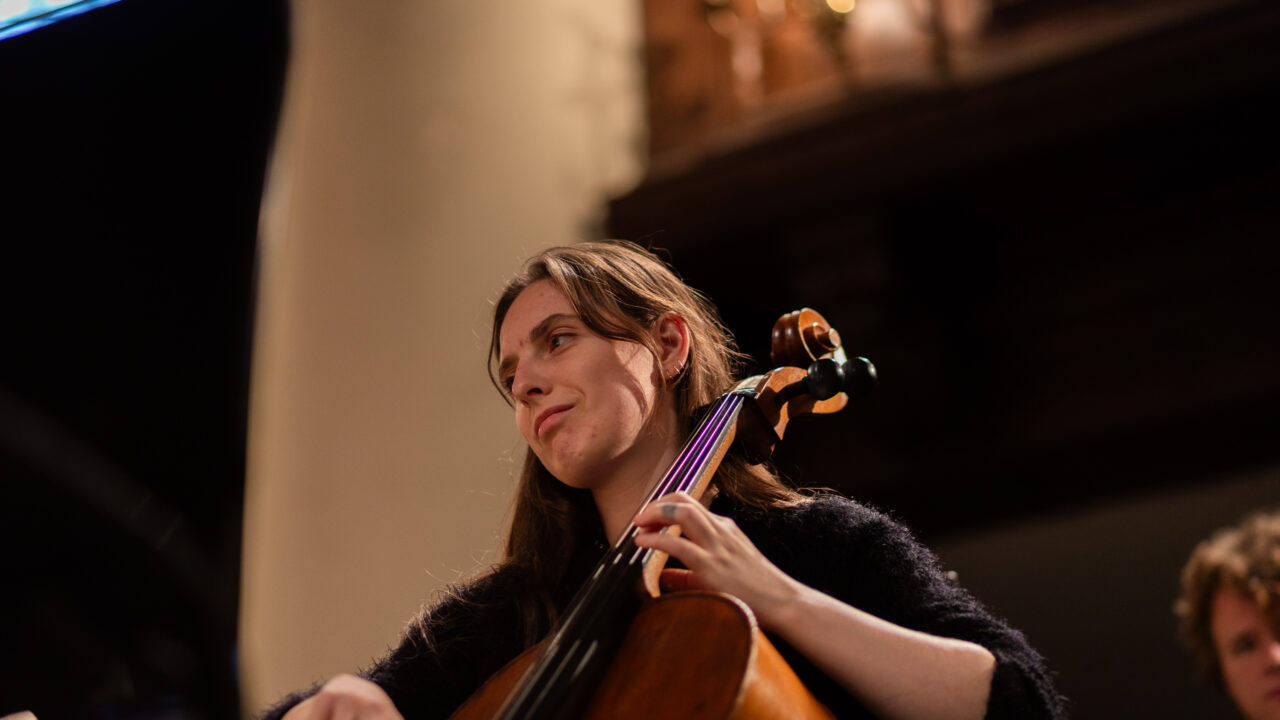Biography
I started learning the cello because my mum was a cello teacher. Initially, I found it difficult and contemplated giving it all up because, at the age of 5, I had dreams of becoming a prima ballerina. However, my mum encouraged me to continue until grade 5, promising that I could stop after that. Despite reaching grade 5, I couldn’t bring myself to quit playing. Although learning the cello remained challenging, I discovered the power of music as a means of storytelling. I realised that I could convey my emotions to an audience without even using words, and from that moment on, I became captivated by music.
When I began studying with Santiago Carvalho, the idea of pursuing music as a career started to take hold. I devoted myself to diligent practice and became deeply involved in local and national youth orchestras, where I forged lifelong friendships. Upon graduating from Trinity Laban, I received the silver medal for my exceptional contributions to the strings department. I had plans to pursue postgraduate studies at the Royal Academy of Music, but my aspirations were put on hold when I had to take a year off to confront a life-threatening illness.
During my treatment, I was unable to play the cello, and I sorely missed the experience of being part of orchestras and the music community. However, being away from the cello and the pressures of conservatoire life allowed me to rediscover my love for other hobbies. I found joy in activities such as playing Dungeons and Dragons with friends, sewing and creating clothes, and yoga.
Now, having overcome my illness and in a state of remission, I have successfully completed my MMus degree at the Royal Academy of Music. During my time there, I delved into a research project exploring the musical canon, asking the thought-provoking question: “What has the Canon ever done for us?” This endeavour involved examining overlooked and forgotten repertoire, dissecting conscious and unconscious biases in our critical judgments and listening habits, and evaluating current practices in music education and concert programming.
